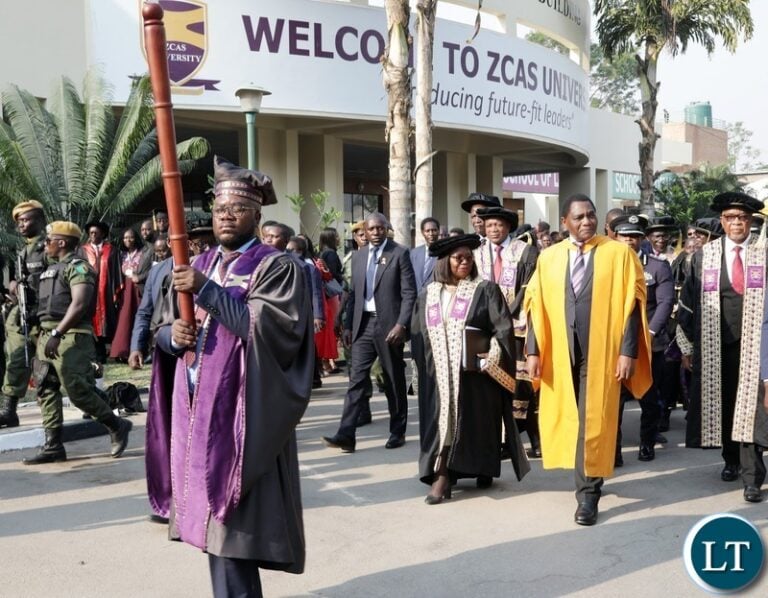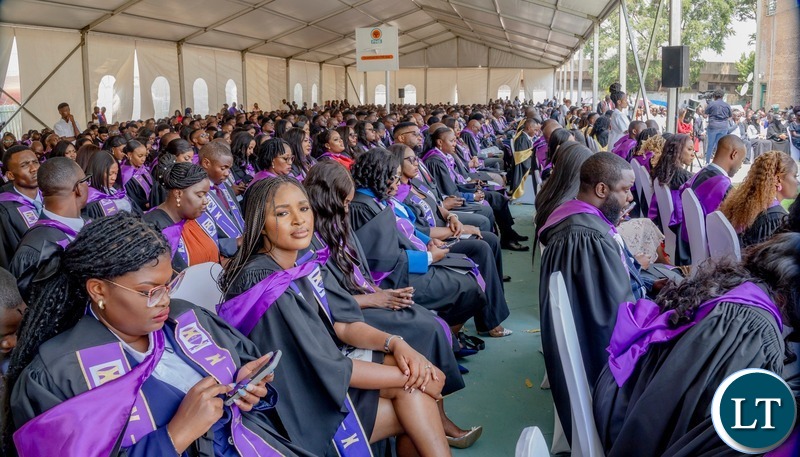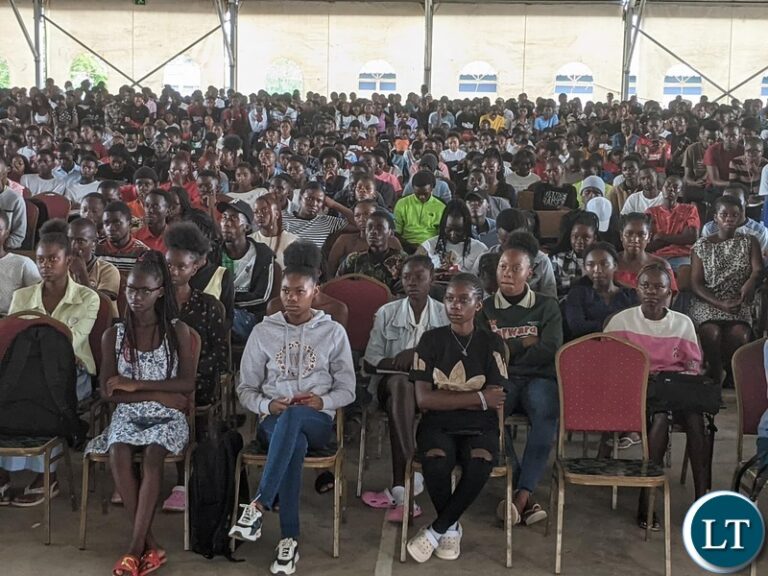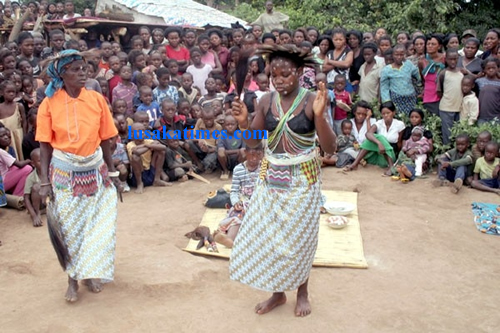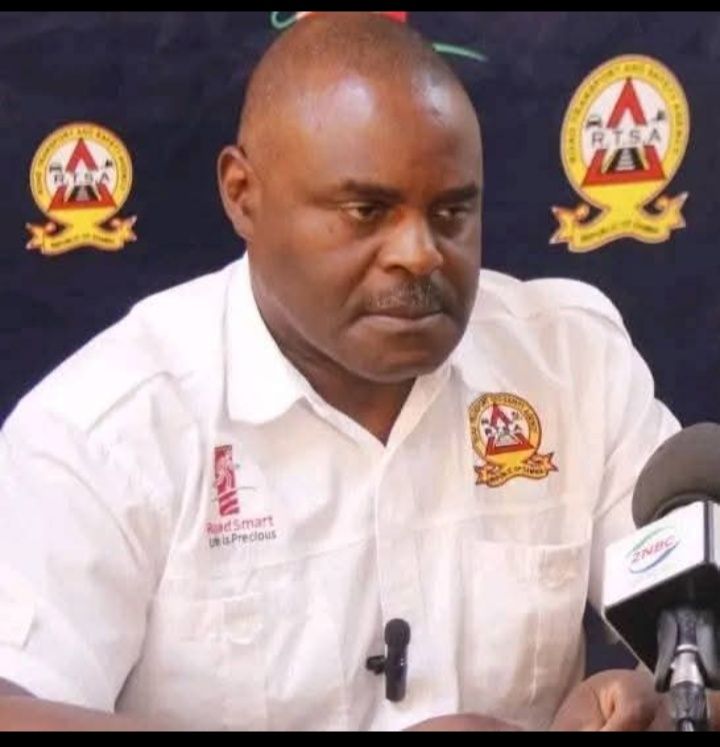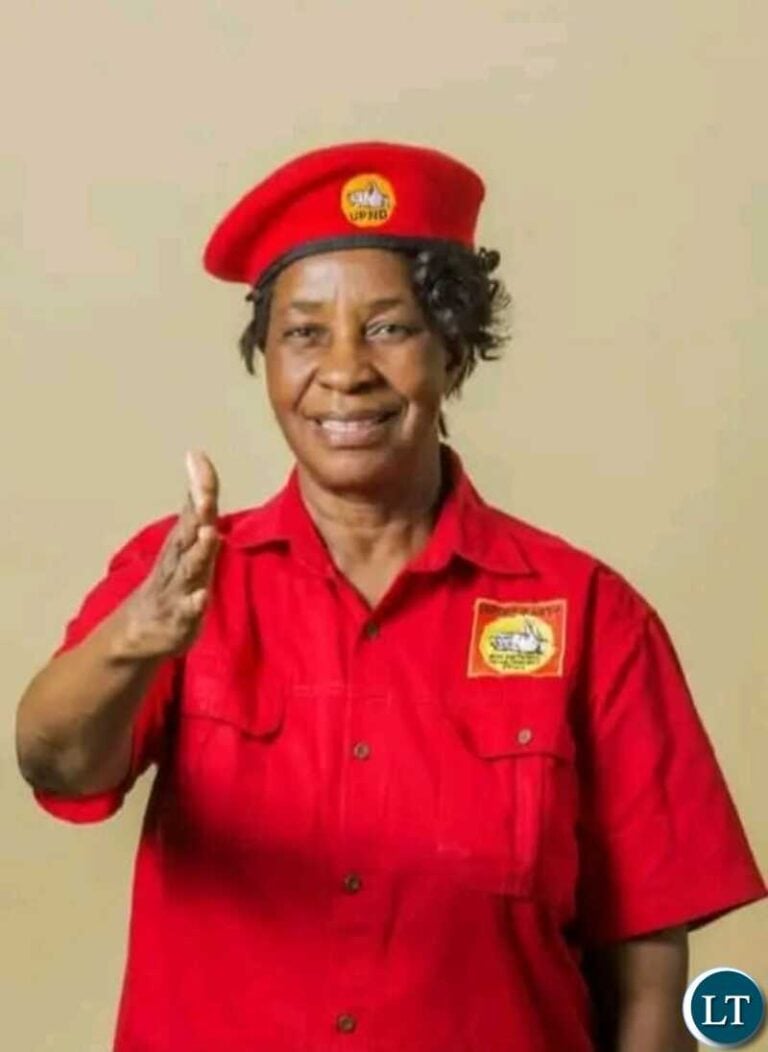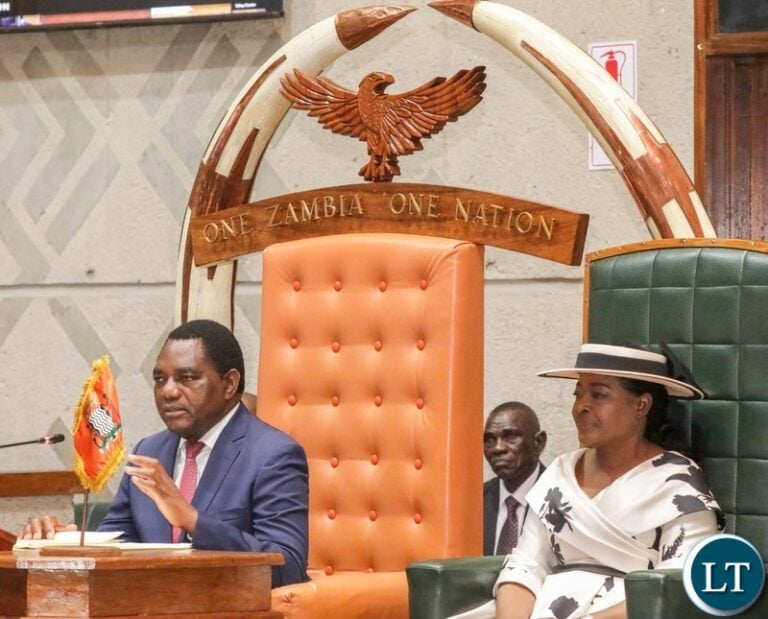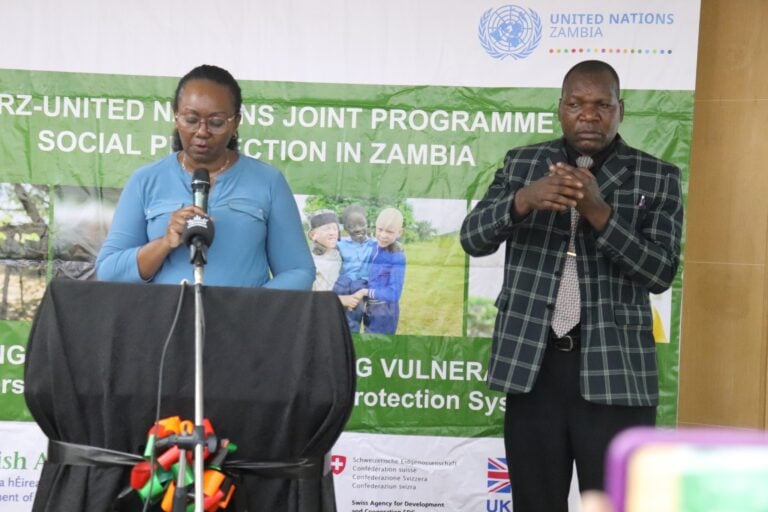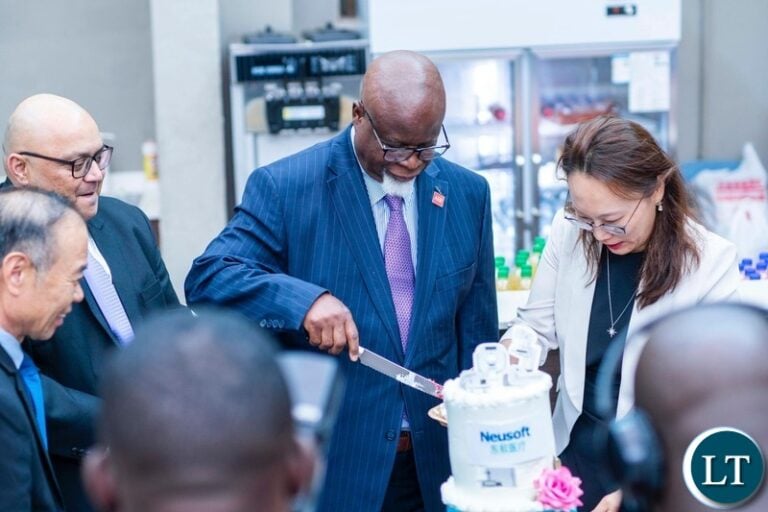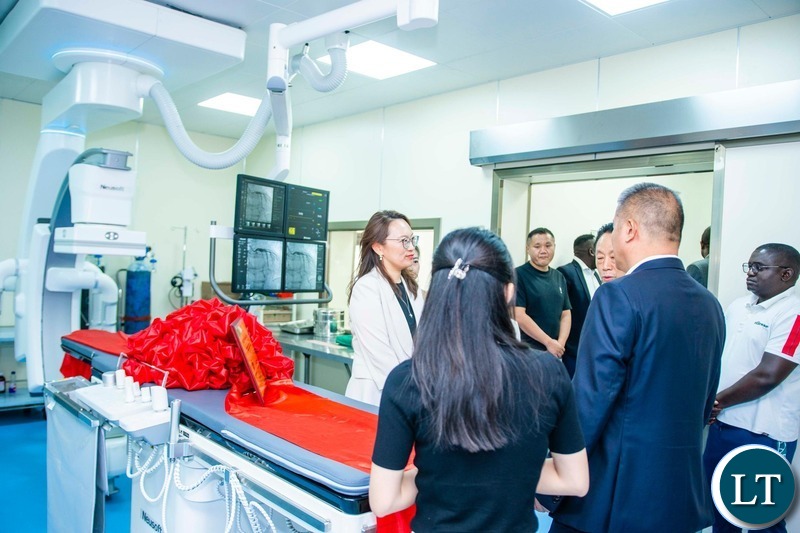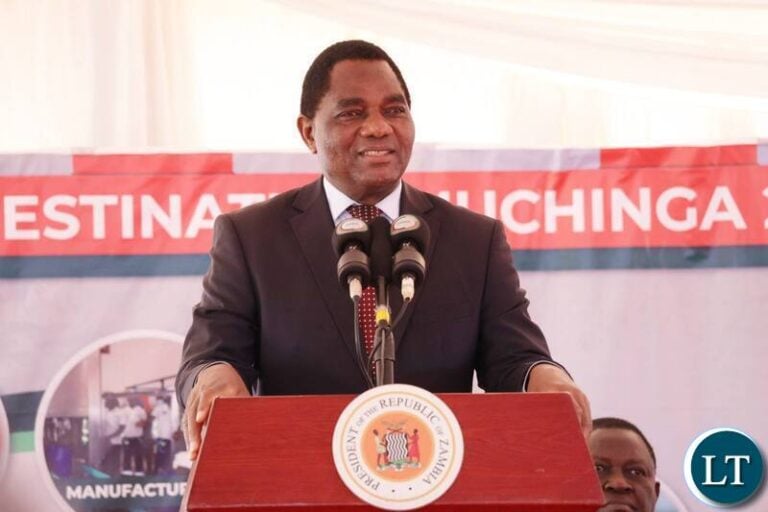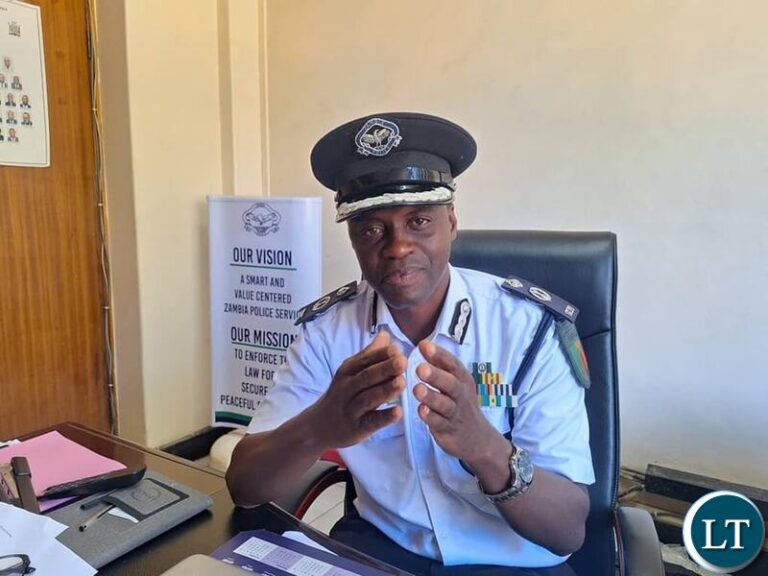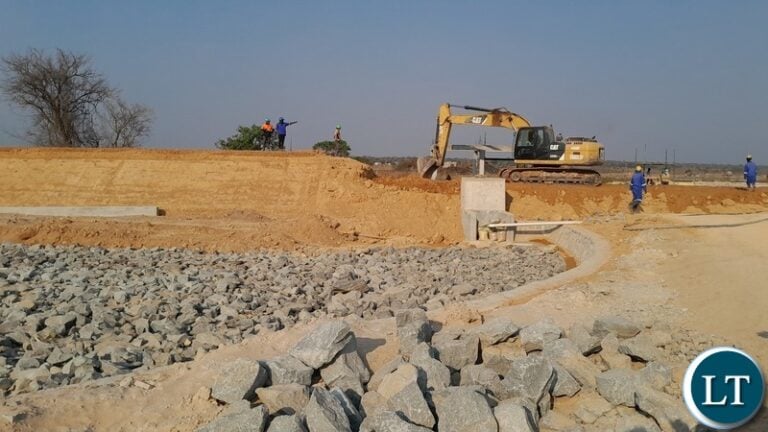A mental health specialist at Chainama Hills Hospital has raised concerns over the increasing use of e-cigarettes, commonly known as vaping, among Zambia’s youth.
Dr. George Tafuna warned that e-cigarettes contain addictive nicotine and harmful chemicals that pose risks to brain development and mental health in adolescents.
Speaking in an exclusive interview with ZANIS in Lusaka, Dr. Tafuna explained that the aggressive marketing of e-cigarettes on social media platforms has made them more appealing to young people. Fruity flavours, sleek pen-like designs, and misconceptions that vaping is harmless have further attracted teenagers to the habit.
“When a young person is exposed to nicotine, they are more likely to experience anxiety, depression, and even psychosis. Nicotine use at a young age increases the risk of long-term mental health problems,” Dr. Tafuna said.
He added that while technology has its place in modern education, unrestricted digital access exposes children to harmful influences with long-term consequences. He advised parents and guardians to remain vigilant, mentor their children, and encourage healthy alternatives such as outdoor play and reading rather than digital dependency.
Youth Life Project Executive Director, Michael Nkosi, echoed Dr. Tafuna’s concerns, noting that social media is misleading young people into believing vaping is a safer alternative to traditional smoking.
“That notion should not be entertained. Young people must realise that every choice they make today has a lasting impact on their future,” Mr. Nkosi said, urging youths to resist peer pressure and focus on positive activities.
Youth advocate Catherine Chitoshi highlighted that vaping is increasingly common in schools, as the discreet pen and keyholder-like designs of e-cigarettes allow students to smoke unnoticed. The availability of flavours such as mint, orange, apple, and strawberry, she added, has made the devices even more attractive to children.
Another youth advocate, James Phiri, encouraged young people to engage in clubs and organisations that nurture skills and talents such as drama, pottery, and dance as healthy alternatives to harmful habits. He further called on stakeholders to strengthen digital literacy programmes that promote safe online practices.
As vaping continues to gain traction among young people in Zambia, health experts and advocates are urging families, educators, and policymakers to take swift action to prevent long-term health and social consequences.




